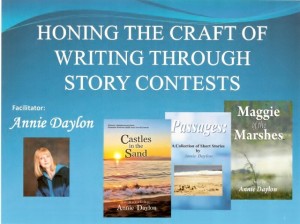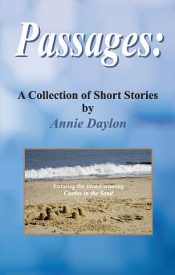by @AnnieDaylon

Recently, after I had presented a workshop, a participant approached me with a question about Point of View. He was writing a memoir about himself and his father, and was struggling with the fairness of writing from only his own perspective. My suggestion? Something I learned from an online course: Pick a scene and write it twice, the first time from his POV, the second from his father’s.
Consider the example below, the same scene written from two points of view. In this scene, the main character of Castles in the Sand, Justin, returns to his former home, after his parents have died. He ends up visiting their long-time neighbor, Mr. Cormier.
Justin’s POV:
Out of the corner of my eye, I spot Mr. Cormier, my former neighbor, standing on his porch, leaning on his cane. An unexpected warmth surges through me and I raise my arm in a wave. But he doesn’t notice. “Mr. Cormier!”
He veers toward me, almost losing his balance. “Mon Dieu! Justin?”
“Yeah!” Smiling, I race to his steps and bound up. “Sorry if I startled you. It’s really good to see you. Comment ca va?”
“Bien, merci. I am fine,” Mr. Cormier says in a trembling voice. He shifts his cane to his left side, and extends his right hand. His eyes meet mine and then plummet to the doorstep. Puzzled, I look down at the doormat. Bienvenue, it says. Huh. I don’t feel welcome.
Regardless, I reach out and grasp his hand firmly, like my dad taught me. He flinches. I slacken my grip. Damn. I know I surprised him, but he’s shaking like a scared puppy, and sweat is sluicing off his forehead. Is he going to pass out or something? “Are you okay, Mr. Cormier?”
… “Bien. I’m fine,” he says as he exhales. Abruptly, he tilts his head to one side and glances toward my old house. “It is the memories that bring you back, oui?”
Sidetracked, disarmed, I nod. Tears flood my eyes and heat rushes my face. I blink, turn my head, and gulp. Damn it all. A man of twenty can’t cry.
“Such a sad thing. Difficile, non?”
I nod again.
“Oui, oui. Très difficile. I can see that.” We linger, silent.
On the street behind me a car zooms by, horn blaring. Mr. Cormier jumps into action like a cartoon character, vehemently shaking a fist in the direction of the vehicle. “What are they thinking, these young drivers? Stupide!”
“Yeah, I guess so,” I mutter, not caring at all, just grateful for the distraction.
Mr. Cormier turns back to me and heaves a lengthy sigh. “Two years already.” He shakes his head. “You come into my house, Justin. We will have the coffee and we will talk. D’accord?”
*****
Mr. Cormier’s POV:
I lean on my cane and stare out my window. The days, they are long. Mes enfants, they grow up and leave. Et ma femme… I sigh and make the sign of the cross.
Suddenly, I see the young man—again. On the sidewalk, staring at the house next door. I step back, and spy through lace curtains. He looks lost, like at the funeral two years ago. Such a sad thing, losing his parents. I watched him then, too, wondered how he would survive.
He starts to walk away now. I hobble to the door, open it and stick my head out. “Justin!”
He turns around and smiles. “Mr. Cormier! Comment ca va?”
I shuffle down the steps. Bien, merci, bien. Et toi?” Shifting shift my cane to my left side, I reach out my right hand.
“Bien, aussi.” He grasps my hand firmly. Always the good manners. Always the charming smile. In these things, his parents, they teach him well.
Justin glances at his former home.
My heart is heavy for him. “You have the memories, yes?”
He nods, wipes his eyes with the back of his free hand, and I see that the young man is still a boy.
“These things are difficile, no?”
He nods again.
“Yes, yes. Tres difficile. I see that.” We stand, silent. Do I want to invite him in? Some things need to be told. Some things are better left alone.
A car zooms by, horn blaring. I jump and shake a fist in the direction of the vehicle. “What are they thinking, these young drivers? Stupide!”
“Yeah, I guess so,” Justin mutters. So lost. So alone.
I let out a long sigh. “Two years already. You come into my house, Justin. We will have the coffee and we will talk. D’accord?”
***
Writing the scene from both points of view enabled me to determine that my chosen POV for the entire novel (Justin’s) was the correct one. It also supplied me with surprising insight about Mr. Cormier; I instantly knew what his role would be in the story. (Note: Due to length and spoilers, I have not included the entire scene here.)
You may be hesitant to try this activity. I was. In fact, initially, when this idea was presented by Gloria Kempton in a great online workshop called Voice and Viewpoint, I balked at it. I had spent so much time writing it one way; did I really want to waste time doing it again? But, by this point in my writing career, I had abandoned the ‘romantic’ concept of being a writer in favor of the practical; writing is about passion, yes, but it is also about discipline and routine and practice. Writing is re-writing. So I rewrote an entire chapter from a different POV. And I discovered that this activity was no time-waster; it was an amazing time-saver. My story had ceased meandering; its path, and mine, were clear.
Struggling with POV? Give this a shot. Would love to hear any other POV ideas/solutions you may have!
My best to you,




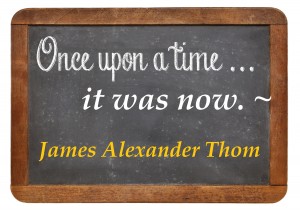
 Ever struggle with wondering if you are doing enough, or if you are doing the right thing as an author? I certainly do.
Ever struggle with wondering if you are doing enough, or if you are doing the right thing as an author? I certainly do.
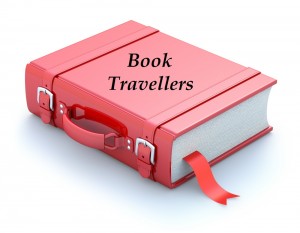

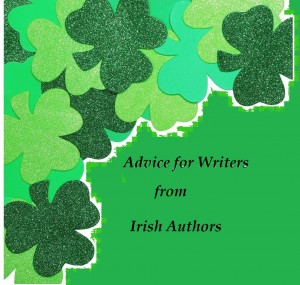
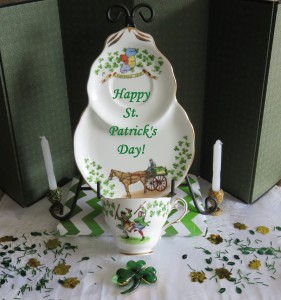



 Stor
Stor

